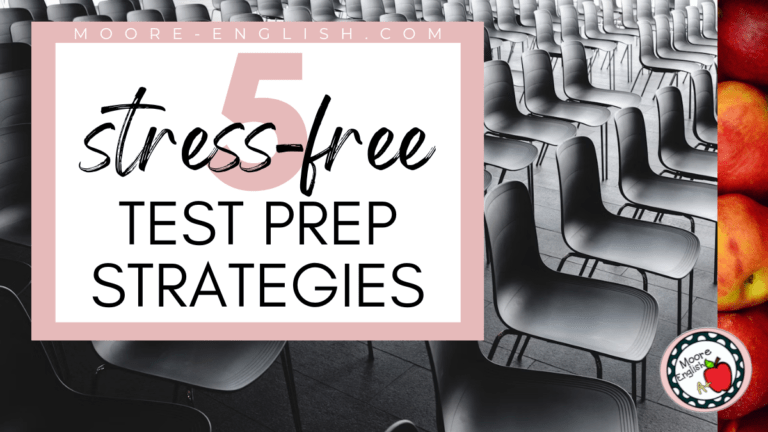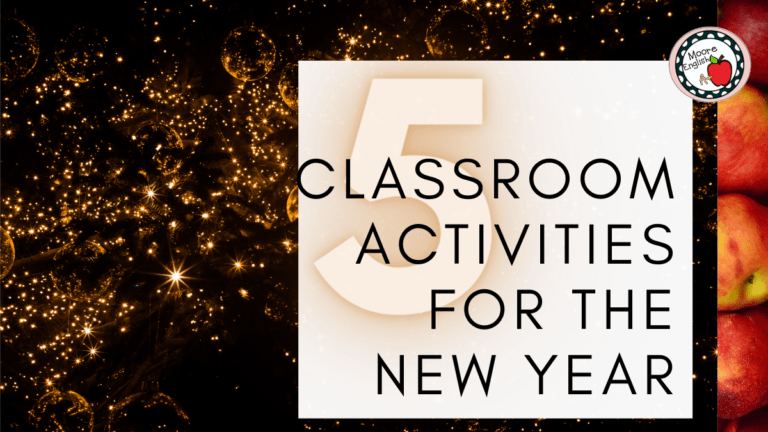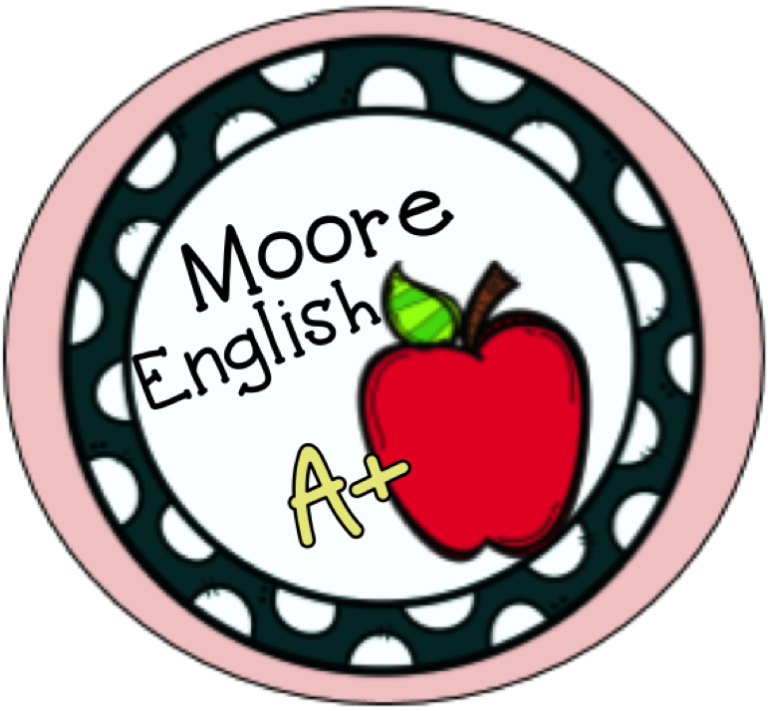Differentiation is one part of teaching that can feel overwhelming. I still remember the first time I opened a student’s IEP and felt totally snowed under. That feeling can still creep up when you have multiple students with IEPs in one class or when you have several IEP meetings scheduled in the same week.
Sometimes thinking about juggling differentiation strategies can also add to that feeling. To help alleviate that feeling, I’ve put together a list of my favorite differentiation strategies for high school students. I’ve organized these strategies from lowest stress to most involved.
This post this post may contain affiliate links. Please read the Terms of Use.
The Anti-Cold Call
As a student, I lived in fear of the cold call! Students often associate cold-call strategies with anxiety and fear. As teachers, we want our classrooms to feel safe enough that students feel comfortable taking academic risks. That’s why I love the anti-cold call! Plus, this takes basically no set-up. Here are some ways to make this work:
- Give students time to work through a set of questions. Once students have had time to work through all the questions, divide the questions up and assign each student to share and explain one question. This gives students a chance to talk through a question and practice an explanation before they answer.
- Alternatively, if you’re pressed for time, divide the questions up from the get go and give students 2-3 minutes to develop their answer. Of course, students can do this individually or in pairs.
- To modify this even more, while students work on questions, you can chat briefly with individual students to “proof” their answers, help them select their answers, or help them eliminate some answers.
- When students have specific IEP goals related to certain skills, you can also specifically assign them to those questions. This takes a little bit more planning but not much.
Task Cards for Differentiation
I love task cards! I use task cards for exit tickets, bell work, and at stations. One thing I love about task cards is that you do not need to reinvent the wheel every time. So the first time you use task cards, you may need a little prep (either to grab digital files or to print physical cards), but after that, you can just deploy task cards with minimal prep.
When I differentiate with task cards, I stack the deck. Beforehand, I preview the cards and set aside cards for specific students. This is especially good if you want to assess student progress toward their goals.
Since I love task cards so much, I have made several sets. Check out my favorites:
- Task Cards Sampler
- ELA Task Card Bundle
- Free Sentence Types Task Cards
- Grammar and Vocabulary Fun Bundle
Small Group Differentiation
Small group instruction is maybe the most common differentiation suggestions. Small groups are great, but they are hard to plan. What do you do with your other students while you pull a small group? How do you group students without signaling anyone out? Here are some of my favorite small group strategies:
- Stations are my favorite way to differentiate in small groups. I simply make myself a station rotation and group students accordingly. These are my favorite Literary Analysis Stations!
- For book clubs or literature circles, I always start and end with the group that has the highest need. I also use the seating chart to place that group strategically. I want them in an area that I can easily access, and I want them in my “path,” but I also don’t want this group in the highest-traffic area where they might be distracted.
- When students are working in small groups, I plan reading levels strategically. For an example of this, check out how I set up background for The Crucible.
Abridge and Modify the Text
This is the most time-consuming differentiation strategy I regularly use. I have specific expectations for abridging or modifying a text, so I almost always make these changes myself. I feel so strongly about this topic that I’ve written two posts about When and How to abridge a text.
Since this is such a time-consuming pursuit, I have several ready-to-use texts you can choose from:
- Beowulf
- Macbeth
- “Berenice“
- Julius Caesar
- “To Build a Fire“
- “Winter Dreams“
- Romeo and Juliet
- The Great Gatsby















